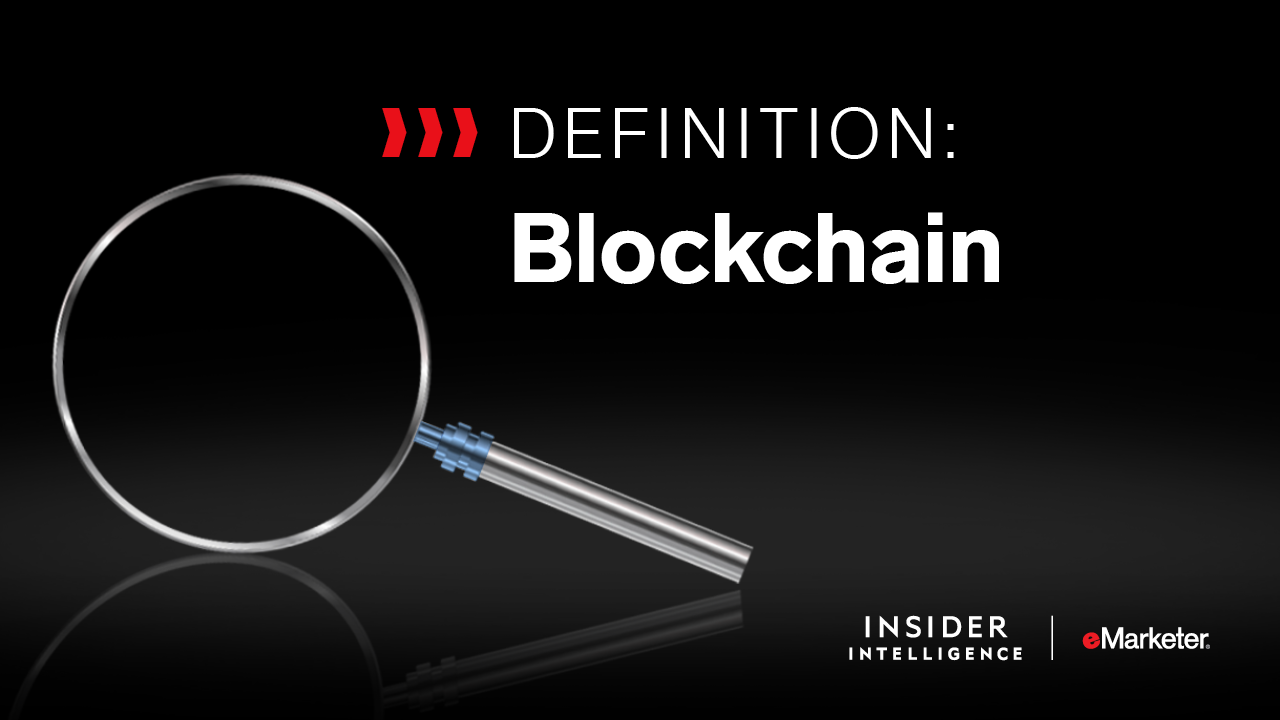Blockchain technology is revolutionizing industries worldwide. In fact, a recent survey by EY revealed that over a third of US workers believe that blockchain is already widely used within their businesses, with an additional 44% expecting widespread adoption within the next three years[^1^]. To understand the increasing importance of this technology, let’s delve into what blockchain is, its benefits, and its applications across various industries.
What is Blockchain?
At its core, blockchain is a tamper-proof, sequential ledger based on cryptographic principles. Its purpose is to create trust in the timeliness, accuracy, security, and speed of transactions. Each entry in the blockchain is encrypted and merged with the encryption of the previous entry, ensuring a high level of security and time-stamping[^1^].
The Benefits of Blockchain
Blockchain offers several advantages that make it an appealing solution for businesses:
- Immutability: Blockchain transactions cannot be altered or reversed, providing participants with a trustworthy source of data.
- Data Security: Blockchain’s confidential nature protects users from identity theft, making it attractive to consumers and businesses alike.
- Real-Time Transactions: Unlike traditional bank transfers, blockchain enables businesses to transact in real time, 24/7, without limitations imposed by business hours and cutoff times.
- Cost Reduction: Blockchain lowers transaction costs for businesses, especially those with high-value, high-volume transactions that often incur substantial fees[^1^].
Blockchain’s Applications Across Industries
The potential use cases for blockchain extend across various sectors, including:
- Financial Services: Blockchain facilitates real-time settlements and transactions, simplifies operations such as tracing bank guarantees and executing smart contracts, and enhances reporting and compliance processes.
- Cryptocurrencies: Blockchain powers digital currencies like Bitcoin, enabling cheaper and faster transactions.
- Retail: NFTs (Non-Fungible Tokens) on the blockchain are being used by retailers to engage with tech-savvy customers, offering exclusive merchandise and experiences. Luxury resale retailers also utilize blockchain to certify product authenticity and improve transparency in ownership transfers.
- Marketing and Advertising: Blockchain enhances the security and transparency of customer data sharing, both between customers and companies and between companies. It also reduces fraud and other trust-related issues in digital ad buying.
- Healthcare: Blockchain’s applications in healthcare include improving payment processing, electronic medical records, provider directories, and data security and exchange[^1^].
What Executives Need to Know
For executives considering blockchain adoption, it’s important to understand that blockchain serves as the foundation for Web3, the next phase of the internet. Web3 is built on decentralized blockchain networks, giving users greater control over their personal data. However, the adoption of blockchain can be challenging due to its technical complexity and upfront investment requirements. Companies like JPMorgan Chase, IBM, and Google are already exploring the future of blockchain technology and its role in Web3[^1^].
Examples of Blockchain Technology in Action:
- JPMorgan has dedicated a team within its Onyx unit to develop and commercialize new blockchain-based solutions.
- Luxury retail brands like Tiffany & Co., Dolce & Gabbana, and Gucci have embraced blockchain and NFT projects.
- Healthcare giants, including Humana, MultiPlan, and UnitedHealth Group, have formed the Synaptic Health Alliance to explore blockchain applications in the industry.
- Companies such as IBM and Mediaocean have launched blockchain consortia to improve the digital media supply chain.
- Google has also established a dedicated unit focused on blockchain and other distributed computing and data storage technologies[^1^].
While blockchain technology offers immense potential, it is crucial to acknowledge that its technical complexity and data security concerns pose challenges to adoption. However, as more businesses recognize the benefits and applications of blockchain, it is likely to become an integral part of the future of various industries.
To stay informed about blockchain, finance trends, and other industry insights, sign up for the Banking & Payments newsletter.
[^1^]: Source: EY, February 2023 survey


